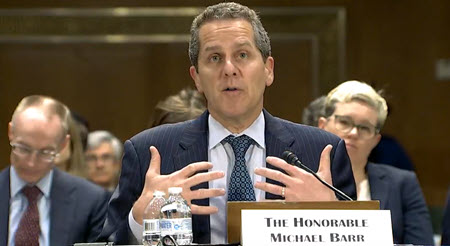
Federal banking regulators are closely monitoring risk factors in commercial real estate bank lending throughout the United States, according to comments today from Federal Reserve Board Vice Chair for Supervision Michael Barr. This week, the Fed also released scenarios for its annual stress test for large banks that includes a 40 percent decline in commercial real estate prices—one of several hypothetical risks designed to assess the resilience of the banking system in the event of a severe recession. (Barr speech, Feb. 16 and Fed stress test, Feb. 15)
Managing CRE Risks
Wave of CRE Refinance Meets Price Discovery
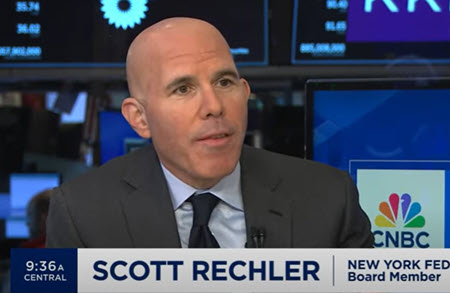
The Mortgage Bankers Association (MBA) reported this week that 20 percent ($929 billion) of the $4.7 trillion of outstanding commercial mortgages held by lenders and investors will mature in 2024. That represents a 28 percent increase from the $729 billion that matured in 2023, according to MBA’s Commercial Real Estate Survey of Loan Maturity Volumes.
# # #
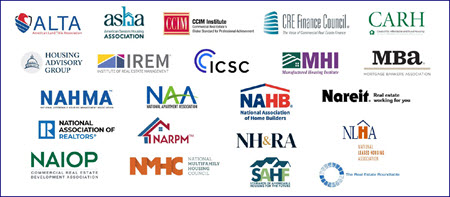
This week, The Real Estate Roundtable and 21 other industry organizations urged the Senate to pass a tax package that was approved by the House in an overwhelming bipartisan vote (357-70) on Jan. 31. (Coalition letter, Feb. 15)
Tax Provisions in the Senate
Congressional Timing

SALT Reform Pinched
The tax package (H.R. 7024) passed by the House last month did not address the SALT cap, which led to this week’s consideration of a separate reform measure. The current SALT cap is scheduled to expire at the end of 2025, along with many other measures passed as part of the Tax Cuts and Jobs Act (TCJA) of 2017.
# # #

The Biden-Harris administration is accelerating actions at the intersection of climate and real estate policy in the lead-up to November’s elections to implement its signature clean energy legislation passed during its first years in office. RER’s Sustainability Policy Advisory Committee (SPAC) remains engaged with policymakers on a variety of initiatives coalescing in 2024 that include the following:
Climate-Related Financial Risk
Voluntary Frameworks

Tax Incentives

The Roundtable’s SPAC—led by Chair Tony Malkin (Chairman, President, and CEO, Empire State Realty Trust) and Vice Chair Ben Myers (Senior Vice President of Sustainability, BXP)—will press forward with RER’s climate and energy priorities for the remainder of the current administration and into the next.
# # #
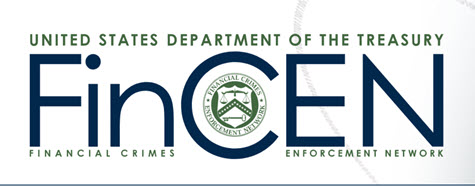
The director of the Treasury Department’s Financial Crimes Enforcement Network (FinCEN) appeared before the House Financial Services Committee this week to address recent regulatory proposals for investment advisors to combat illicit finance activity and money laundering in U.S. residential real estate. Director Andrea Gacki testified, “We are also considering next steps with regard to addressing the illicit finance risks associated with the U.S. commercial real estate sector.” (Committee hearing and Gacki’s statement, Feb. 14)
FinCEN’s Business Regulatory Proposals
Concerns About Beneficial Ownership Registry
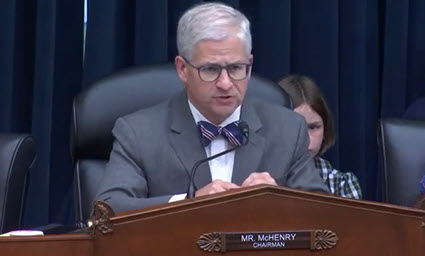
On Oct. 13, 2023, The Roundtable and a coalition of eight national real estate groups urged Treasury Secretary Yellen to delay the implementation of the burdensome reporting requirements. (Coalition letter | Roundtable Weekly, Oct. 20 and Sept. 30)
# # #